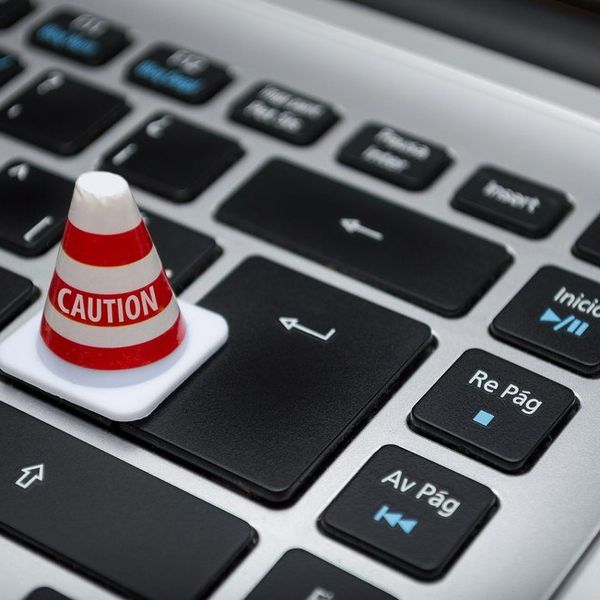In a larger world of people trying to attack, defend, mislead, and outright force people into thinking against their own will, many believe that this behavior is exacerbated by the 2016 presidential election, when in reality, it has been going on for much, much longer than that. However, being someone who is caught in the crosshairs of such a decisive time in the history of the US, it is important to really talk about what is out there and how we may or may not be able to solve a massive issue.
Let's first talk about the situation. When encountering an opposing viewpoint, there seems to be one of three outcomes of the conversation that takes place. Either a) there is a resolution or an agreement to terms (whether it be stating that one way is better than the other, or that the parties agree to disagree) between the sides, b) there is no agreement reached and people carry on with their lives only to discuss the matter another time, or c) there is a heated conflict and tension arises. Now, in terms of face-to-face conflict, there is a level of empathy that is met between the two camps when seeing each other in person, creating a certain toning down of emotions built for a level-headed conversation. On the Internet, however, people are anonymous, without a face or voice and only a certain amount of text to cover their oftentimes logical fallacy-laden comments. We can see this predominantly with the ad hominem positions people take with respect to the presidential election. Many seem to be attacking the personas of Trump, Clinton, Stein, and Johnson without any respect to the actual policy they attempt to describe. In the end, however, many people choose not to listen, basing their facts upon the actual biases and few facts that have been released to the public. It's as almost as if people are interpreting their own version of the events and using them to their advantage.
In the end, these ideas we see and hear are usually not accountable nor are they very insightful to say the least, however, there is always some truth to lies, and a hint of lies in a seemingly full truth. The important part in this is to simply listen and understand. Many memes, sound bites, articles, and pieces of information may seem to be unintentional, only to bring more information to a supposed uninformed crowd, but the truth of the matter is that many outlets have an agenda to push, whether it's involuntary or intentional. It's important to seek the truth, or at least a minuscule part of it and see how it affects your life. It isn't necessarily about trying to agree with the other person, party or holiday platter, but about understanding what is their angle, what their goals are, and how you are personally affected by it. From there, you must take the mature decision to believe in your truth, but be skeptical until proven otherwise. Neither is a game of lie detection, but a strategy of identifying what is right and what is deception. Sometimes you might not even have an option, but in a day and age that gives you many options, it is better to have a voice (and not an anonymous one) and a say, since those who side with silence eventually side with evil.
Listen, understand, and finally, expand. There is nothing wrong with listening to words you don't like or seeing things that you may not necessarily feel comfortable watching, but it should be justified with the conscious goal that you are doing it to learn. Understand the enemy (or mystery) and move forward with your opinion, knowing you are fully aware of what to do with it.





















